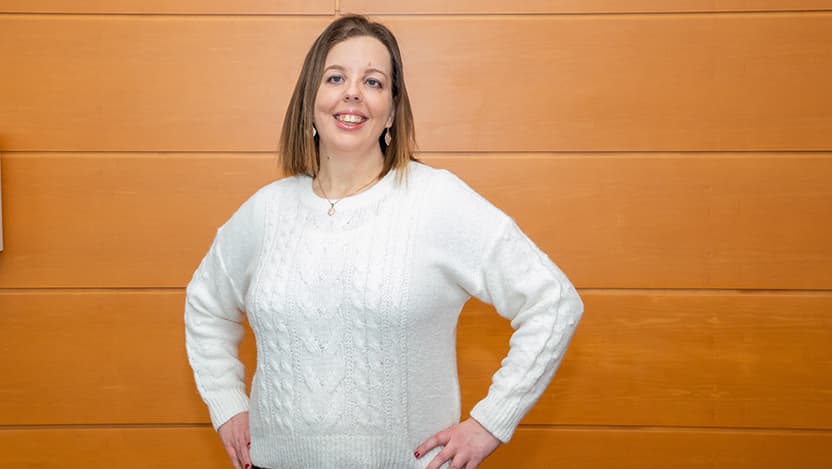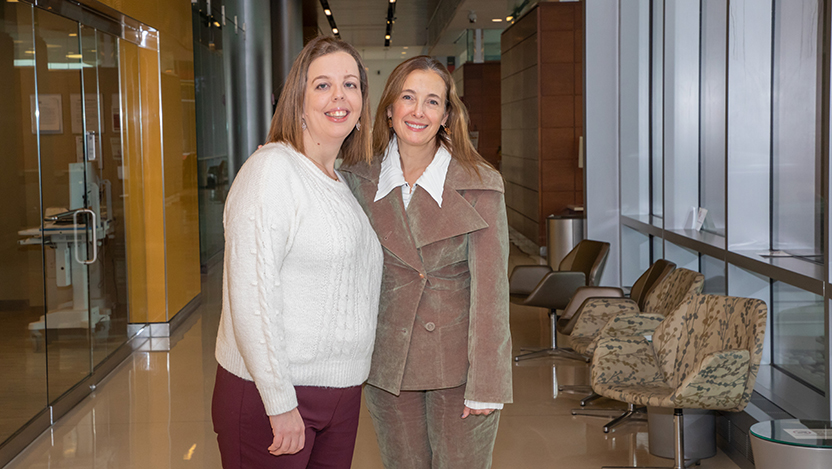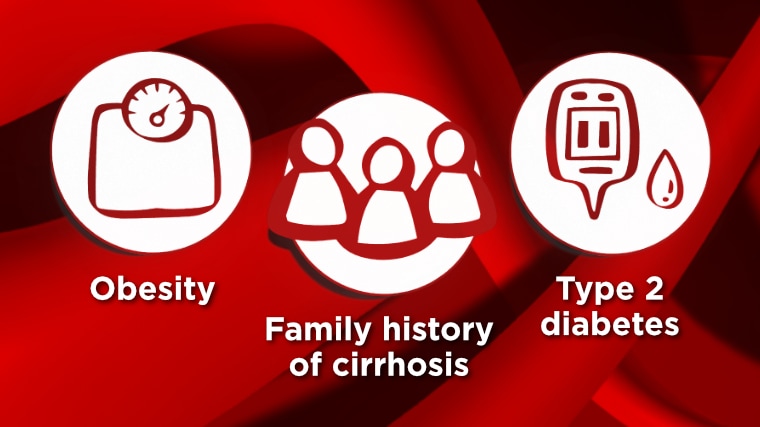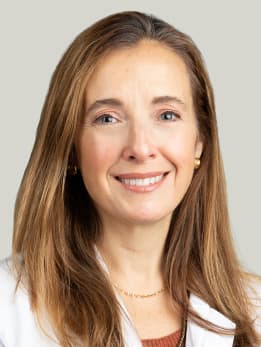How one woman reversed her fatty liver disease due to obesity

Kerry Sivia, of Gurnee, lost 100 pounds and was able to reverse her nonalcoholic fatty liver disease (NAFLD), but not before it damaged her liver. New recommendations encourage people with obesity of type 2 diabetes to get a FIB-4 blood test for fatty liver disease.
Fatty liver disease is a fast-growing health problem in America: One out of every four people has the condition, where excess fat builds up in the liver and can cause serious damage.
Most people don’t know they have fatty liver disease. There are no symptoms.
It wasn’t on Kerry Sivia’s mind when she ended up in the emergency room with severely swollen ankles in 2021. The then-36-year-old was diagnosed with nonalcoholic fatty liver disease (NAFLD) — a version of the disease where alcohol isn’t a contributing factor — and cirrhosis of the liver.
Cirrhosis is rare for someone Sivia’s age, especially since she rarely drank alcohol and has no family history of liver disease. However, when she was diagnosed, she weighed 310 pounds. Obesity is one of the main causes of NAFLD.
One in every four Americans has fatty liver disease, but most people don’t know they have it.
Sivia’s fatty liver disease probably went undiagnosed for a decade or more and likely caused her cirrhosis, said University of Chicago Medicine hepatologist Mary E. Rinella, MD, Sivia's physician and an expert on fatty liver disease.
People with obesity and type 2 diabetes should be screened for fatty liver disease, according to new recommendations being published in January 2023 by the Are you at risk for fatty liver disease? Learn more.
“If you can catch fatty liver disease early, and you’re able to treat it, then you should be able to prevent the development of cirrhosis. You want to stop it before it gets to the point that Kerry’s did,” said Rinella, who runs UChicago Medicine’s Metabolic and Fatty Liver Disease Clinic.
The FIB-4 test estimates liver scarring based on age, platelet count and liver enzyme levels. If the results exceed certain thresholds, the person should be assessed with a liver stiffness test called a FibroScan™ to determine if there’s evidence of serious liver disease.
While not everyone with obesity or type 2 diabetes develops liver disease, the growing obesity epidemic means more people are at risk. According to Rinella, anyone with either health issues, who drinks three or more alcoholic beverages daily or who has a family history of cirrhosis should ask their doctor about a FIB-4 screening.
Sivia, now 38, was able to reverse her NAFLD by revamping her diet and exercising regularly, with support from the Metabolic and Fatty Liver Disease Clinic. In the past 1 ½ years, she’s lost 100 pounds and halted the progression of her cirrhosis.
“Kerry really took the bull by the horns and got it together. She’s very inspirational. And she extended her own life,” Rinella said. “She could have helped herself more if she’d been screened for fatty liver disease 10 years ago. She’s a perfect example of why diagnosing it in the early stages can be transformational.”

In the clinic, registered dietitians Sarah Vilt, MS, RD, LDN, and Annie Guinane, RD, LDN, CNSC, were among Sivia’s cheerleaders. They taught her about the Mediterranean Diet, which is recommended for liver patients. It focuses on fruits, vegetables, whole grains and healthy fats, with limited red meat, refined carbohydrates and processed foods.
Vilt and Guinane continue to keep Sivia’s spirits up, share cooking tips with her and provide encouragement as she adheres to her lifestyle changes and prescribed medicines and vitamins.
“When you get a diagnosis like this, someone saying, ‘Hey, there’s hope for you, and you can turn this around,’ is exactly what you need. It makes it so much easier when you have these resources available. It really does set your mind at ease,” Sivia said. “Programs like this are rare. Doctors like Dr. Rinella are extremely rare. And if you have to have liver disease, you’re really lucky if you get treated by this team.”
Sivia hopes her story will inspire others to get tested for fatty liver disease and realize they can reverse the disease with weight loss.
Today, Sivia, works as an administrative assistant and just started an Instagram blog about healthy living. She looks and feels better than ever.
Sivia was able to reverse her fatty liver disease and halt the progression of cirrhosis.
“As much as success that I have with this, I still have liver cirrhosis. I still have things as a result of that to deal with,” said Sivia, who lives in Gurnee. “With the guidance and support of Dr. Rinella and her team, I’ve been able to reverse my NAFLD and slow, or maybe even stop, my cirrhosis. I’m not currently in need of a liver transplant. I hope to keep it that way, because every day that I wake up and see sunshine and get out of bed and don’t have to take anti-rejection medication (needed after a liver transplant) is a good day. But we really need to stop this trend.”
Talk to your doctor about a FIB-4 blood test for fatty liver disease if you have:

Fatty liver disease is about to overtake alcohol as the main reason for liver transplants. The number of liver transplants due to fatty liver disease has increased fivefold over the last 10 years, Rinella said. Fatty liver disease quadruples a person’s chances of getting diabetes (if they don’t have it already) and increases their risk of heart disease and cancer.
“Fatty liver disease is a silent condition that’s slowly taking over as a really big cause of death and disease. But, we can change the narrative if we, as a healthcare community and society, take decisive steps to increase awareness and implement simple methods to identify those at greatest risk of cirrhosis,” Rinella said.

Mary E. Rinella, MD
Dr. Rinella is an expert in fatty liver disease (steatotic liver disease). She provides comprehensive liver disease assessment and treatment, including nutritional intervention, the use of medications, endoscopy and clinical trials to deliver the most advanced treatment options.
See Dr. Rinella's physician bio